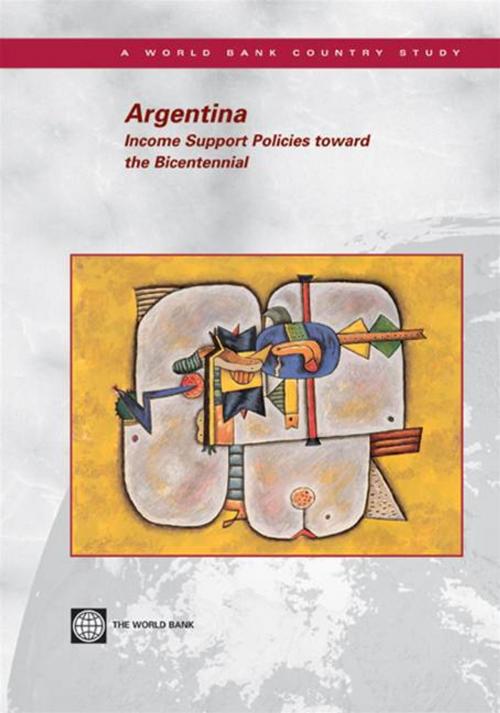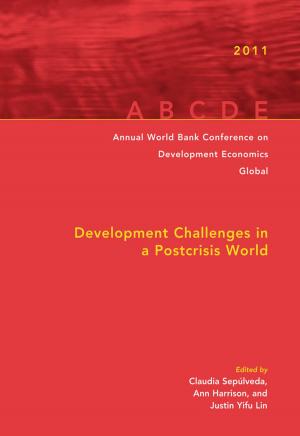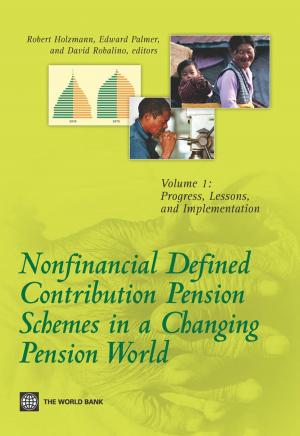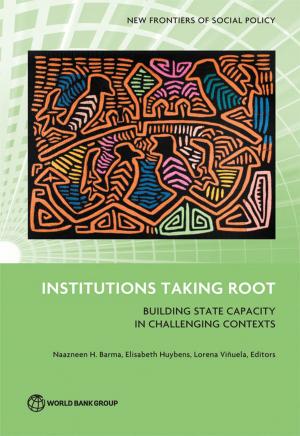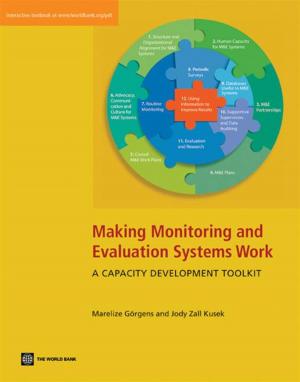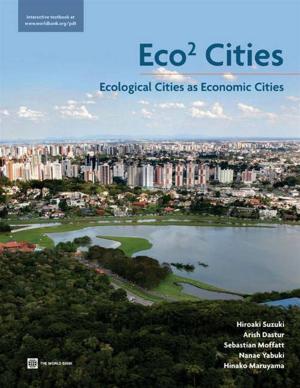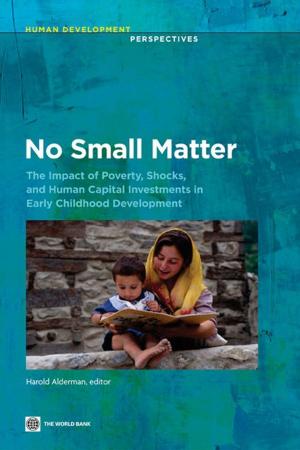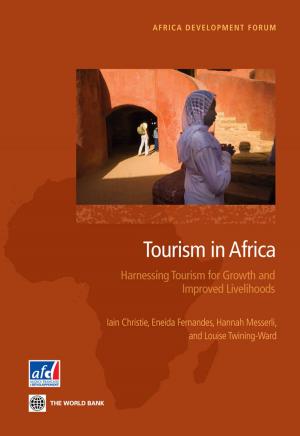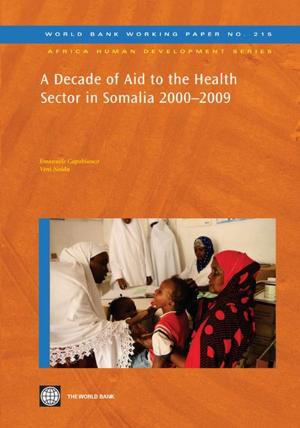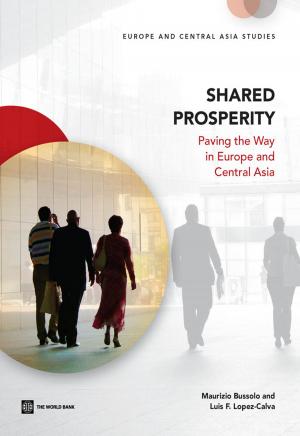Argentina: Income Support Policies Toward The Bicentennial
Nonfiction, Social & Cultural Studies, Political Science, Politics, Economic Policy| Author: | World Bank | ISBN: | 9780821380512 |
| Publisher: | World Bank | Publication: | August 21, 2009 |
| Imprint: | Language: | English |
| Author: | World Bank |
| ISBN: | 9780821380512 |
| Publisher: | World Bank |
| Publication: | August 21, 2009 |
| Imprint: | |
| Language: | English |
Following the serious economic crisis in 2001-02, Argentina mobilized an unprecedented effort to provide income support to the segment of the population most in need. Now, as growth has returned and social indicators recovered to precrisis levels, there is an opening to move from emergency support programs to a more comprehensive, long-term, and sustainable strategy for social protection. The challenge is to design and fully implement a social protection system that has adequate coverage and benefits and is integrated and fiscally and politically sustainable.The analysis contained in this book aimed to contribute to and inform the debate about the future of income support policies in Argentina, taking the views, values, and preferences of the stakeholders and the population as starting points. The research included two innovative efforts to collect and understand the landscape of ideas regarding options for social protection circulating in Argentina: first, an extensive set of consultations with policy makers and practitioners in social policy, mainly at the provincial level; and second, a national, representative opinion survey on the views and perceptions of the population regarding social policy and income support programs in particular.
Following the serious economic crisis in 2001-02, Argentina mobilized an unprecedented effort to provide income support to the segment of the population most in need. Now, as growth has returned and social indicators recovered to precrisis levels, there is an opening to move from emergency support programs to a more comprehensive, long-term, and sustainable strategy for social protection. The challenge is to design and fully implement a social protection system that has adequate coverage and benefits and is integrated and fiscally and politically sustainable.The analysis contained in this book aimed to contribute to and inform the debate about the future of income support policies in Argentina, taking the views, values, and preferences of the stakeholders and the population as starting points. The research included two innovative efforts to collect and understand the landscape of ideas regarding options for social protection circulating in Argentina: first, an extensive set of consultations with policy makers and practitioners in social policy, mainly at the provincial level; and second, a national, representative opinion survey on the views and perceptions of the population regarding social policy and income support programs in particular.
